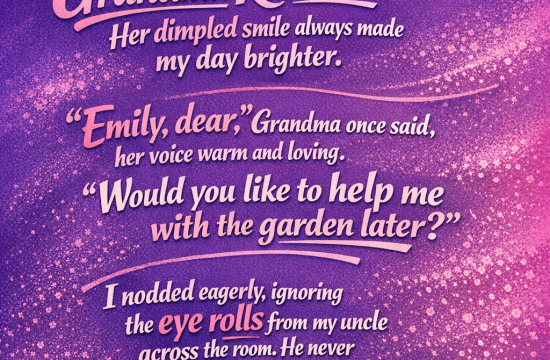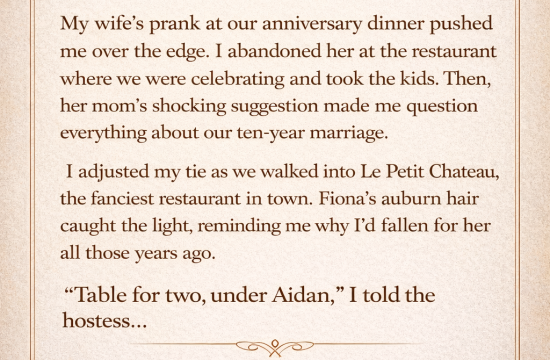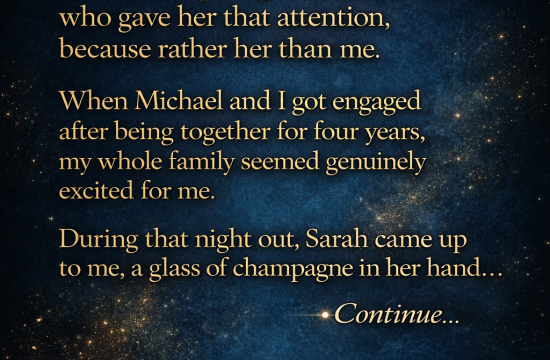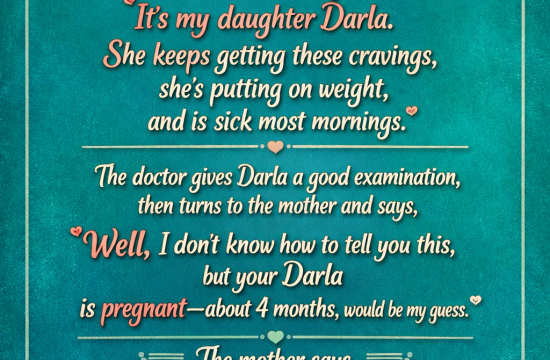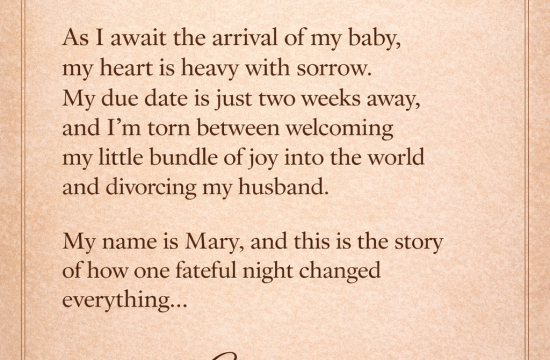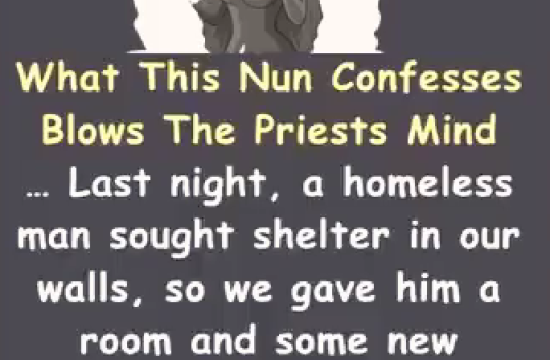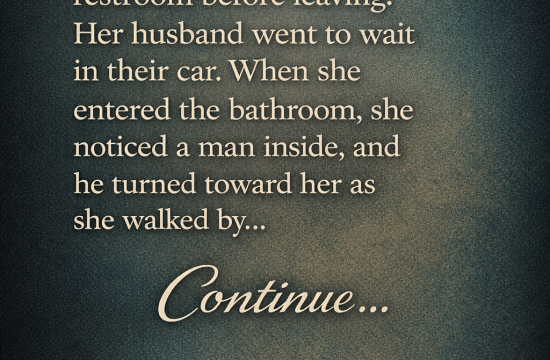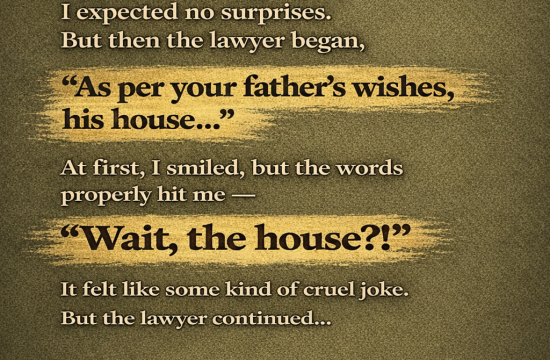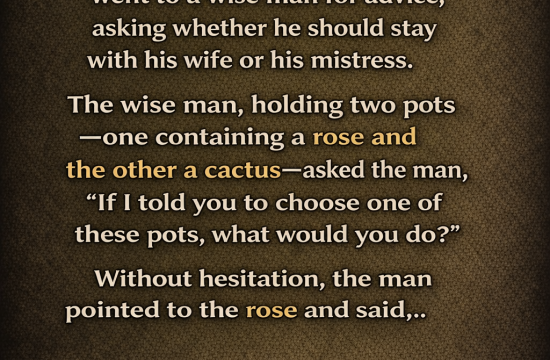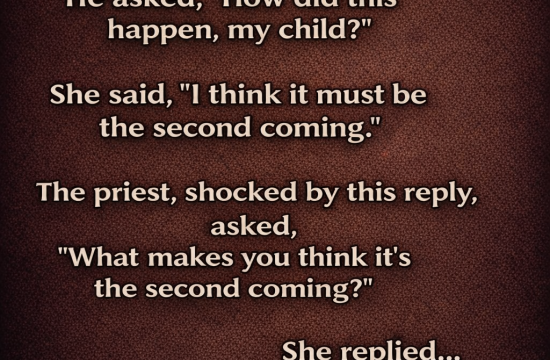For months, Jake had become a ghost in the home we built together—slipping further away each day. He called me “clingy” whenever I asked why he was distant. He moved into the garage without explanation. A stranger’s perfume began clinging to his shirts. His phone buzzed with messages he hid like contraband. Restaurant receipts appeared in his pockets from places we’d never been—places he never even mentioned.
I kept telling myself it was work stress. Fatigue. Pressure. Anything but what it really was.
But deep down, I knew.
And then one night, I could no longer pretend.
Just past midnight, something in me snapped awake. I walked to the garage and flipped on the light. There he was—wrapped in our old plaid blanket, the one we used on winter movie nights—lying beside a young woman. They were laughing. Laughing like our marriage was a joke. Laughing like I was the joke.
My voice trembled, but it didn’t break. I told them both to get out.
Jake didn’t even look ashamed. He sneered, wiped the smile from his face, and said, “This house was never yours. It belonged to my grandfather. If anyone’s leaving, it’s you.”
I left that night with nothing but my keys and a shaking heart. I slept on my best friend’s couch, and for the first time in months, I could breathe—even through the heartbreak. And in that stillness, clarity came.
Jake had forgotten something important.
His grandfather didn’t just tolerate me—he liked me. No… he respected me. We’d spent years bonding over gardening, over Sunday tea, over quiet conversations Jake never bothered to join. When Jake drifted into silence, his grandfather never did.
Three days later, the old man, now in his late 80s but sharp as ever, called me to his house. He didn’t sugarcoat a thing.
“I heard what happened,” he said, his voice steady and disappointed. “Jake’s forgotten what loyalty looks like. But I haven’t.”
He handed me a single sheet of paper.
The deed. Notarized. My name on it.
When Jake stormed in that evening, shouting, demanding answers, slamming doors like he paid for the hinges—I didn’t argue. I didn’t cry. I didn’t justify a damn thing.
I simply held up the deed.
Silence fell heavier than any words I could’ve said.
He packed his things and left without another insult.
That night, alone in the home he once claimed wasn’t mine, I poured myself a glass of wine. I opened every window and let the cool air rush in. I turned on my favorite song—loud—and danced barefoot across the kitchen tiles.
This was my house now.
My peace.
My life, reclaimed.
And in that moment, I remembered the lesson I should’ve trusted from the beginning:
Your instincts whisper for a reason.
Your truth doesn’t need permission.
And sometimes, the quietest justice—a signature on paper—is the fiercest way to take your power back.


